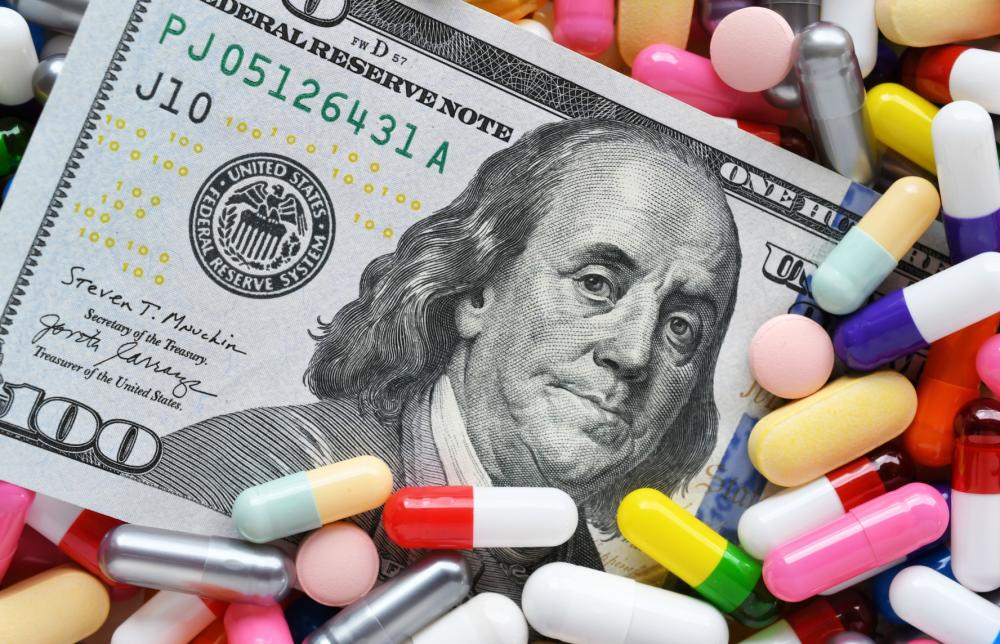


Drug shortages are a persistent problem, with FDA tracking over 100 shortages each year. Shortages often affect medically necessary drugs, with recent prominent examples including cancer chemotherapy drugs, saline, and drugs to revive trauma patients. Such shortages place patients’ health and even their lives at risk through treatment delays, rationing, increased chance of medication errors, and substitution with inferior alternatives. They can also affect medical research because clinical trials require standard baseline treatment in addition to the innovative therapies.
Most shortages result from a combination of structural economic factors and misaligned incentives, with key players in the market—hospitals, manufacturers, pharmacies, and wholesalers—facing limited consequences from the shortages that harm patients. Geopolitical concerns, although not a current cause of shortages, are a potential concern driving policymakers towards greater onshoring of drug supply chains.
The misaligned incentives and geopolitical concerns beckon government intervention. But the scope of the problem is substantive, and the problems have no one-size-fits-all, inexpensive solutions. To be effective and fiscally responsible, the government’s response will require a strategic approach.
To explore the page, use the section titles on the sidebar to navigate to each topic.

Marta E. Wosińska
March 27, 2025

Marta E. Wosińska
May 8, 2025
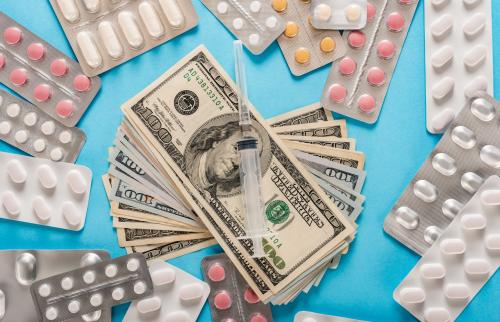
Marta E. Wosińska, David Blumenthal, MD
May 15, 2025

Rena M. Conti, Marta E. Wosińska
May 21, 2025

Marta E. Wosińska, Yihan Shi
July 28, 2025

Marta E. Wosińska
March 13, 2024

Marta E. Wosińska, Kalah Auchincloss, Ilisa Bernstein
December 19, 2024

Marta E. Wosińska, Richard G. Frank
July 5, 2024
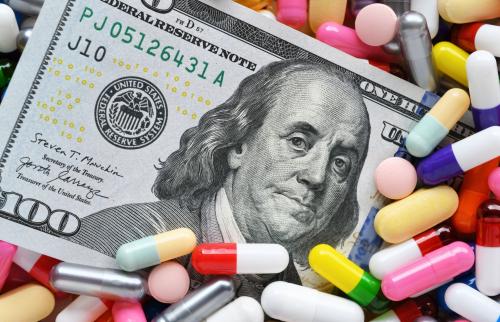
Marta E. Wosińska
March 27, 2025

Marta E. Wosińska
March 13, 2024

Marta E. Wosińska, Rena M. Conti, Elisabeth Reynolds
January 11, 2024

Marta E. Wosińska
December 5, 2023

Marta E. Wosińska, Emily Tucker
September 13, 2023

Marta E. Wosińska, Richard G. Frank
July 12, 2023

Marta E. Wosińska, Richard G. Frank
June 21, 2023

Minje Park, Rena M. Conti, Marta E. Wosińska, Ergun Ozlem, Wallace J. Hopp, Erin R. Fox +1 more
January 30, 2023

Marta E. Wosińska, Richard G. Frank
December 12, 2022

Marta E. Wosińska
September 16, 2025
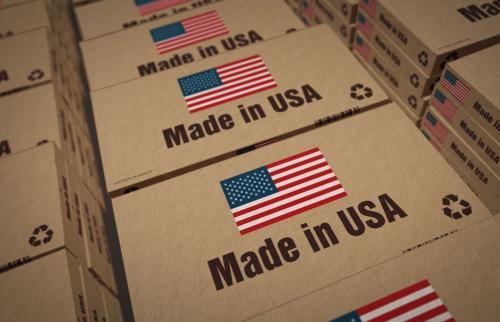
Michael E. O’Hanlon, Marta E. Wosińska
December 30, 2025
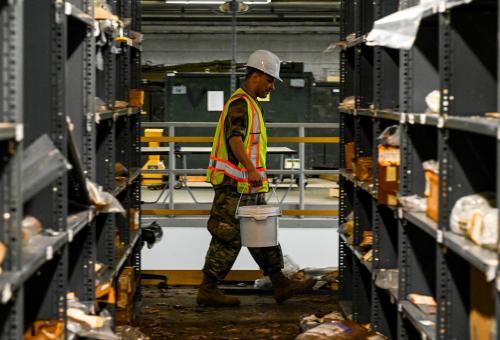
Michael E. O’Hanlon, Marta E. Wosińska, Mark Muro, Thomas Wright
November 26, 2025

Marta E. Wosińska, Yihan Shi
July 28, 2025

Marta E. Wosińska
May 8, 2025

Marta E. Wosińska
March 27, 2025

Marta E. Wosińska
March 13, 2024

Marta E. Wosińska, Rena M. Conti, Elisabeth Reynolds
January 11, 2024

Marta E. Wosińska, T. Joseph Mattingly II, Rena M. Conti
September 13, 2023

Minje Park, Rena M. Conti, Marta E. Wosińska, Ergun Ozlem, Wallace J. Hopp, Erin R. Fox +1 more
January 30, 2023
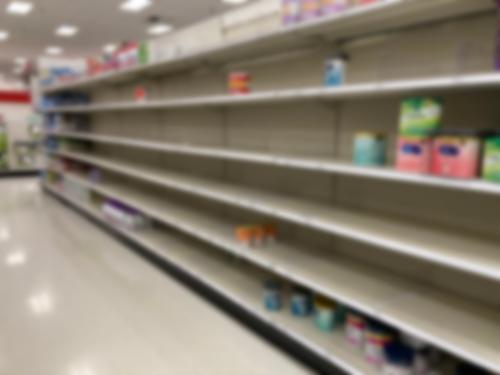
Marta E. Wosińska, Richard G. Frank
June 24, 2022

Marta E. Wosińska
April 21, 2025

Marta E. Wosińska, Kalah Auchincloss, Ilisa Bernstein
December 19, 2024
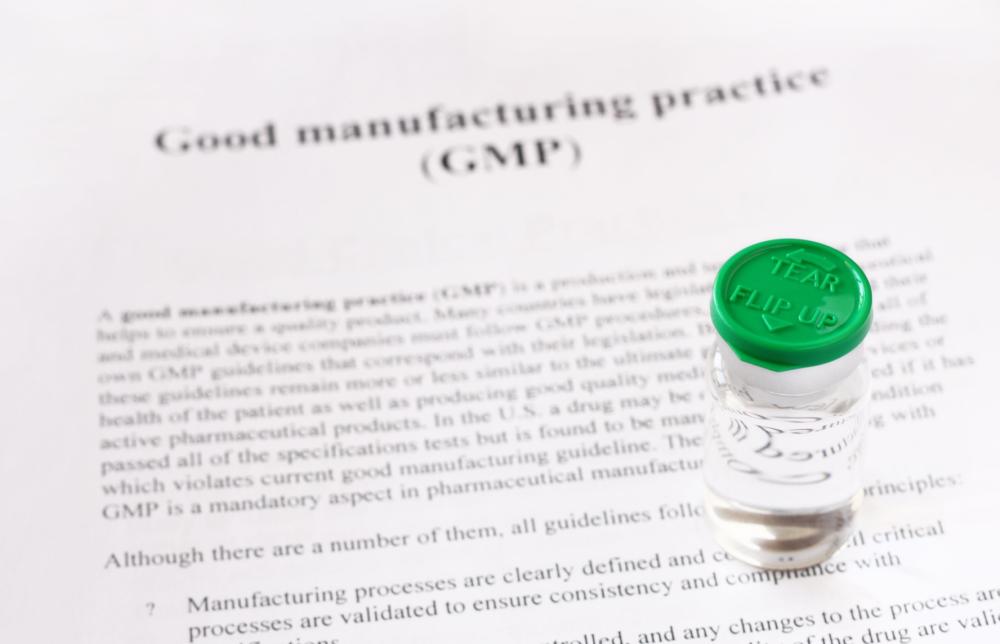
Marta E. Wosińska
October 8, 2025
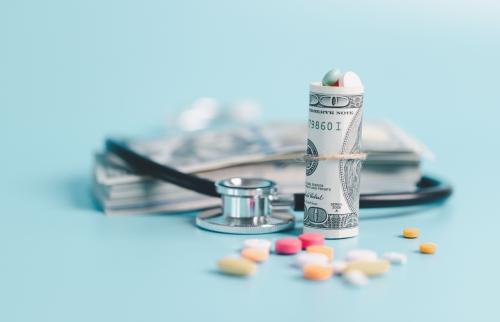
Marta E. Wosińska
October 9, 2025

Marta E. Wosińska, Rena M. Conti, Elisabeth Reynolds
January 11, 2024

Marta E. Wosińska, Richard G. Frank
June 21, 2023

Marta E. Wosińska
April 21, 2025
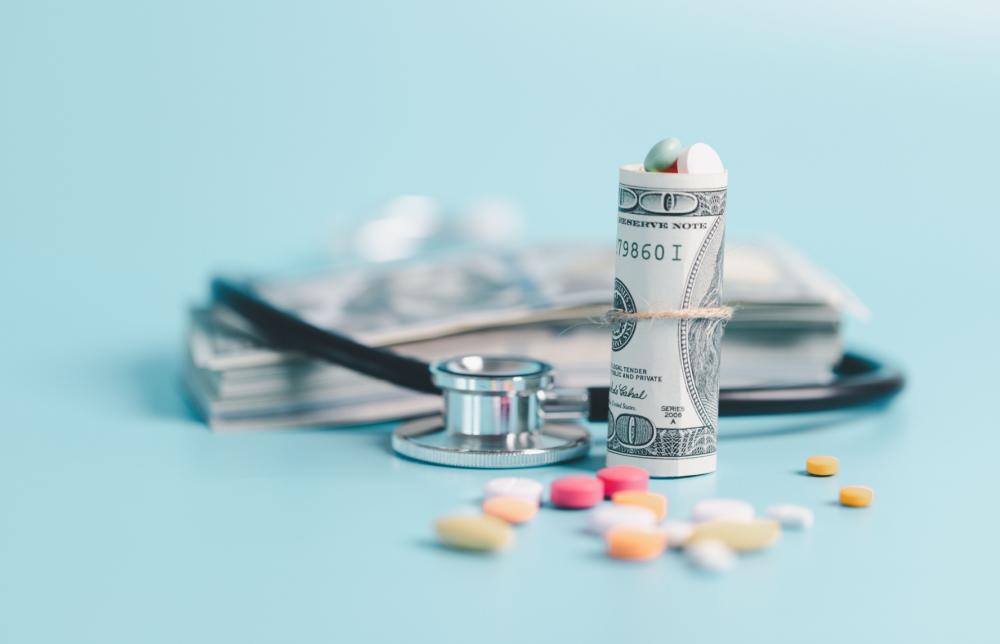
Marta E. Wosińska
October 9, 2025

Marta E. Wosińska
May 8, 2025

Marta E. Wosińska, Richard G. Frank
July 5, 2024

Marta E. Wosińska
December 5, 2023

Marta E. Wosińska, Emily Tucker
September 13, 2023

Marta E. Wosińska, Richard G. Frank
July 12, 2023

Marta E. Wosińska
February 9, 2023
2025
United States Pharmacopeia (USP), Rockville MD
Thursday, 3:00 pm - 5:00 pm EDT
2024
The Brookings Institution, Washington D.C.
Thursday, 9:30 am - 12:20 pm EDT
2023
Online only
Wednesday, 10:30 am - 11:30 am EDT
2023
Brookings Institution, Washington DC
Wednesday, 9:30 am - 10:45 am EDT
2022
Brookings Institution, Washington DC
Wednesday, 9:00 am - 11:10 am EDT